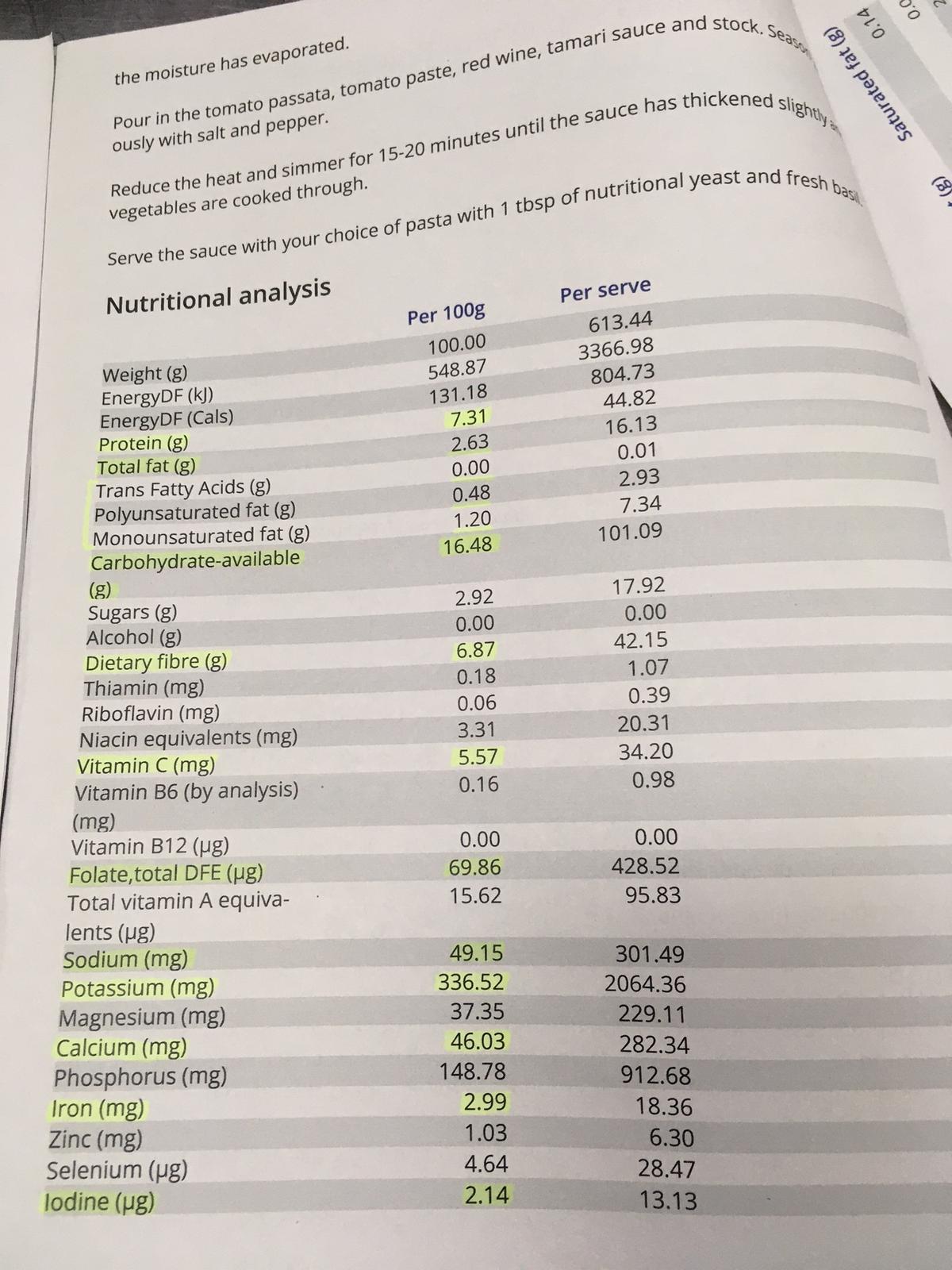TCE Food & Nutrition
Level 3

TCE Food & Nutrition
Level 3
| 🎓Course Type | Pre-tertiary |
|---|---|
| TASC Code | FDN315118 |
| TCE Points | 15 |
| ⏱Hours | 150 |
| ✔️Standard | Reading and Writing (Literacy) |
| 📚Prerequisites | NA |
📎Desirable prior experiences | nil |
| 📝Assessment | Internal - ongoing against criteria External - 3 hour written exam |
What will I learn?
Food and Nutrition aims to build student’s knowledge and understanding of nutrition and the impact this can have on health. Learners will develop skills and knowledge enabling them to consider the local and global situation in regards to food security and ecological sustainability of our food supply.
Students develop their understanding of nutrition and dietary analysis to enable them to analyse and modify diets according to the Nutrient Reference Values and Food Selection Models. Major macronutrients of carbohydrates, fats and proteins, energy use by the human body; and control of energy balance are studied along with the importance of micronutrients, non-nutrients and water balance. Major nutrition-related chronic conditions that affect the health of many Australians are studied including obesity, cardiovascular disease, type 2 diabetes and some micronutrient deficiencies.
Students will analyse influences on food choice and the effects on dietary behaviour, and health. Nutrition promotion, including designing, planning and evaluating nutrition programs, in a variety of settings, will assist learners to understand factors that drive consumers to eat certain foods.
Food issues related to nutrition and the market place are raised, investigated and debated. Students critically inquire into the environmental impacts of current food production and distribution practices. This knowledge enables students to make informed responses to changes in the production to the consumption continuum and exert an influence on future developments in the food industry as educated citizens and in their future careers.
Why should I consider this course?
Why study Food & Nutrition: learn how to understand foods and choose wisely, learn how diet affects long-term health and learn how to maintain a healthy diet.
You learn about nutrition, how to analyse diets and recipes, investigate aspects of food sociology, learn how to promote good eating habits and learn about food issues such as food security and sustainability.
Note: Whilst healthy eating and balanced diet is promoted in the study of this course, students with complex mental health issues involving disordered eating are discouraged from enrolling


What Skills does this course provide?
Develop your critical thinking to navigate the minefield of conflicting nutrition information, so you are a better-informed consumer and can make sound decisions about your future health.
What Pathway Options does this course provide?
Pathways to nutrition & dietetics, hospitality, community health, fitness, teaching, environmental health, food science, medicine, retail, manufacturing & enterprise.

